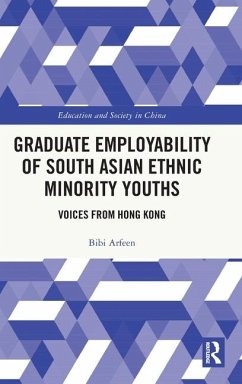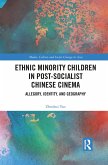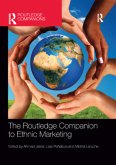Through a first-of-its kind qualitative exploratory study, Bibi Arfeen elucidates the multifaceted complexities and dynamics that contribute to successful higher education-to-work transition among South Asian Ethnic Minority (EM) youths in Hong Kong.
Hong Kong's recent expansion of higher education has given rise to budding academic and career aspirations amongst South Asian ethnic minority youths hoping to achieve upward social and economic mobility. Yet, existing bodies of scholarly work have yet to conceptualise the key determinants that drive an adaptive transition for these youths. This book challenges the widely held assumption that an undergraduate degree is a panacea to job acquisition and security as transitions are actively shaped by larger social, cultural, and economic trajectories potentially influencing the capabilities of ethnic minority youths. In light of their lived experiences, this book foregrounds the voices of ethnic minority youths to gauge an understanding of their higher education-to-work transitions by placing the job-preparatory and job-seeking stages as the basis of the inquiry.
Suggesting implications for institutional and public policymaking for the inclusion and empowerment of EM youths, this book will appeal to scholars interested in minority studies and graduate employment, EM youths, university administrators and counsellors, NGOs working with EM communities as well as policy makers.
Hong Kong's recent expansion of higher education has given rise to budding academic and career aspirations amongst South Asian ethnic minority youths hoping to achieve upward social and economic mobility. Yet, existing bodies of scholarly work have yet to conceptualise the key determinants that drive an adaptive transition for these youths. This book challenges the widely held assumption that an undergraduate degree is a panacea to job acquisition and security as transitions are actively shaped by larger social, cultural, and economic trajectories potentially influencing the capabilities of ethnic minority youths. In light of their lived experiences, this book foregrounds the voices of ethnic minority youths to gauge an understanding of their higher education-to-work transitions by placing the job-preparatory and job-seeking stages as the basis of the inquiry.
Suggesting implications for institutional and public policymaking for the inclusion and empowerment of EM youths, this book will appeal to scholars interested in minority studies and graduate employment, EM youths, university administrators and counsellors, NGOs working with EM communities as well as policy makers.








